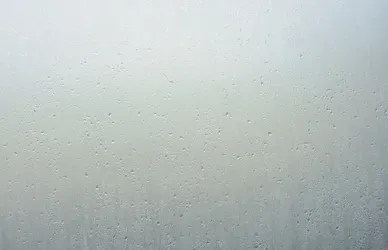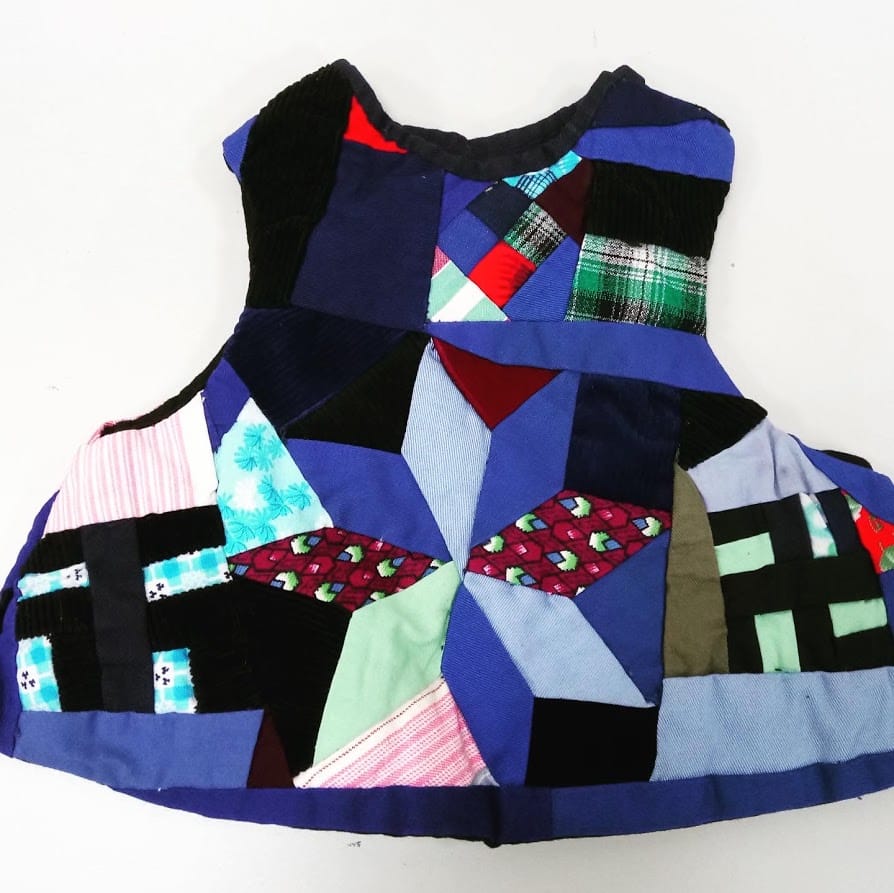After poems

The poet, Safia Elhillo, wrote a craft essay on Catapult Magazine (back when it was still a magazine) about turning poems into prompts. I read it during a time when my writing was at a lull - the reason why I was combing the internet for writing ideas in the first place. The idea is to read a poem and ask what each line is doing, from a craft perspective. Then translate each section of the poem into an imperative, a writing prompt. It proved to be a magical cure for my depressed state of writing. I spent the next month beginning each day by reading a poem, analyzing the function of each of its lines, then creating prompts for my own poem, inspired by the one I'd just examined and pulled apart.
I now use this exercise regularly with my creative writing students. It teaches them how to read like a writer - how to analyze not only for meaning, but for craft. The list of prompts the students devise often read like poems themselves. This exercise also shows them how to emulate style, which is very different from simply copying. In the process, the students always puts their own stamp on the poem - that elusive, difficult-to-actually-teach thing we call "voice."
A poet I often turn to for my poetry-as-prompt lesson is Chen Chen, who challenges the notion that poems have to be sad, something my students find tiresome. This year, I used Chen Chen's poem, "Summer was forever," which resulted in beautiful "after poems" (how we attribute and honor the original poet), inspiring me to give it a go myself.
Here are my prompts, extrapolated from Chen Chen's "Summer was forever":
Something spent/wasted and a simile for how it was spent/wasted. A way you did not want to respond to it. Instead, you thought you should use [something spent/wasted] for an alternative. Or another alternative. Ask a rhetorical question about what you should do. Two or more options offered by authority or other figures. Something that the object in the simile in line 1 says. Introduce a turn here – something or someone that brings you joy. Imagine a future with this something/someone. 2-3 examples of this imagined future. Bring back image/simile in line 1. End with this joy in the past tense, as if it’s already happened.
And here's my after poem:
College (After Chen Chen)
His presence is disappearing like a message
on a fogged bathroom mirror.
I do not want to wipe it away with the knife
edge of my arm. I open the bathroom door and let
the cold air rush in and watch the clarity
from the corners of the mirror zero in
until the message vanishes.
What I should be present for is my own presence
of mind. Or the dinner I am about to prepare.
The younger kids ask, are we
there yet? And my husband says, it’s okay
to be sad. The bathroom mirror says,
look, you’re still here.
He’ll call when he’s sick and wants
to know how to make ginger tea. We’ll gather
in the summer in a rented house by the ocean,
playing all the board games my husband packed in the blue
duffel bag. He’ll write mother’s day letters because
he’ll remember I asked him to when we said goodbye
at the airport.
